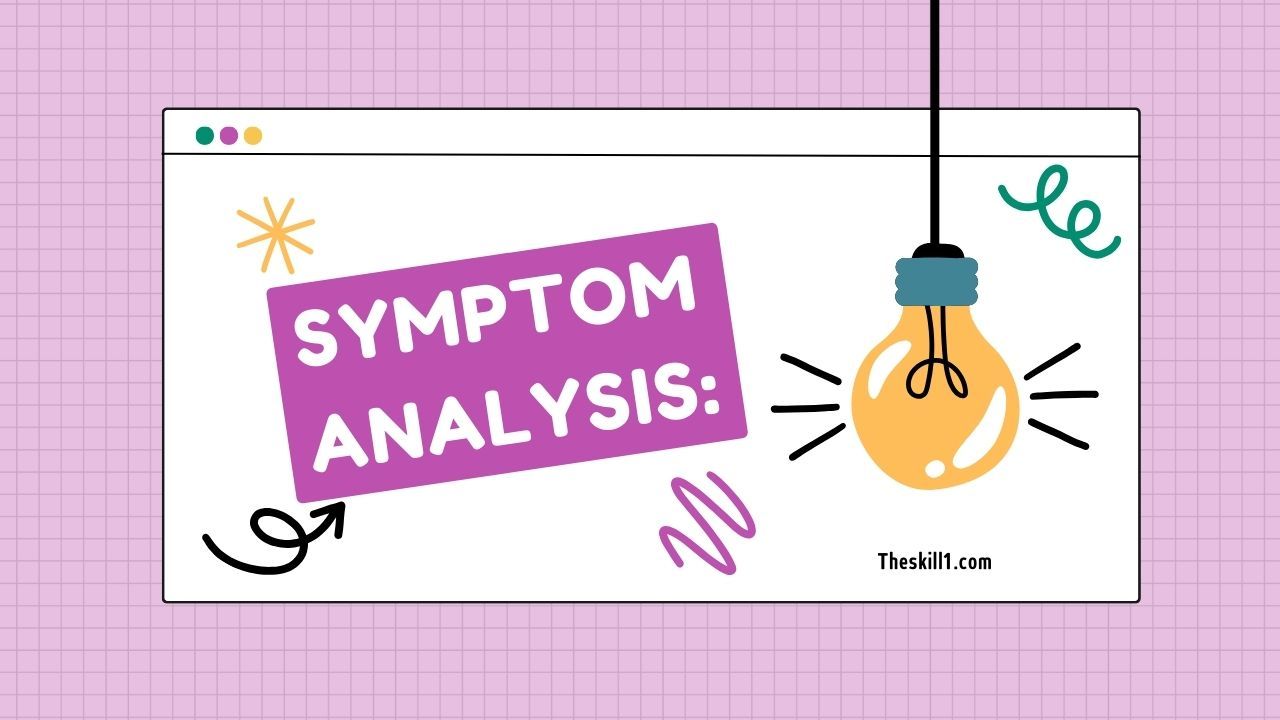Examples:
To Introduce or Implement: This is often used in the context of introducing something new, such as a policy, law, or rule. แนะนำสิ่งใหม่ เช่น นโยบาย กฎหมาย หรือกฎเกณฑ์
- Example: The government plans to bring in stricter regulations for environmental protection.รัฐบาลมีแผนที่จะนำกฎระเบียบที่เข้มงวดมากขึ้นสำหรับการป้องกันสิ่งแวดล้อม.
🔮 To Generate or Earn: It can mean to produce or earn something, often related to income or revenue.
- Example: The new marketing campaign is expected to bring in significant profits. แคมเปญการตลาดใหม่นี้คาดว่าจะนำมาซึ่งกำไรที่สำคัญ.
🔮 To Present or Introduce People: This usage involves introducing someone into a particular group or situation.
- Example: Let me bring in our new team member, Sarah. ขอให้ฉันแนะนำสมาชิกใหม่ของทีมเรา คือ ซาร่า.
🔮 To Confiscate or Seize: In a legal context, it can mean to take possession of something, often as evidence or for legal reasons. อาจจะยึดบางสิ่งบางอย่างเพื่อเป็นหลักฐาน หรือแค่ขอพยานหลักฐานเพิ่มเติมก็ได้แล้วแต่บริบท
Bring in the evidence
You can use it for instance, to ask for evidence to be presented in a court trial or to support an argument in a written piece. For example, "The lawyer asked the witness to bring in the evidence to support his argument.". “ทนายขอให้พยานนำพยานหลักฐานมาประกอบการโต้แย้งของเขา.”
- Example: The police had to bring in the evidence for further investigation. ตำรวจจำเป็นนำเข้าหลักฐานอันนี้เพื่อการสอบสวนเพิ่มเติม.
🔮 To Introduce a Topic or Idea: It can be used to start a conversation or discussion about a particular topic. เพื่อแนะนำหัวข้อหรือแนวคิด: สามารถใช้เพื่อเริ่มการสนทนาหรือการอภิปรายเกี่ยวกับหัวข้อใดหัวข้อหนึ่ง
- Example: Let's bring in the topic of climate change in today's meeting. เรามาเริ่มพูดถึงเรื่องของการเปลี่ยนแปลงสภาพอากาศในการประชุมวันนี้.
bring in the topic of
You can use it when you want to introduce a specific topic in written communication. For example: "Let's bring in the topic of saving the environment and talk about the steps we can take to help reduce emissions.".






